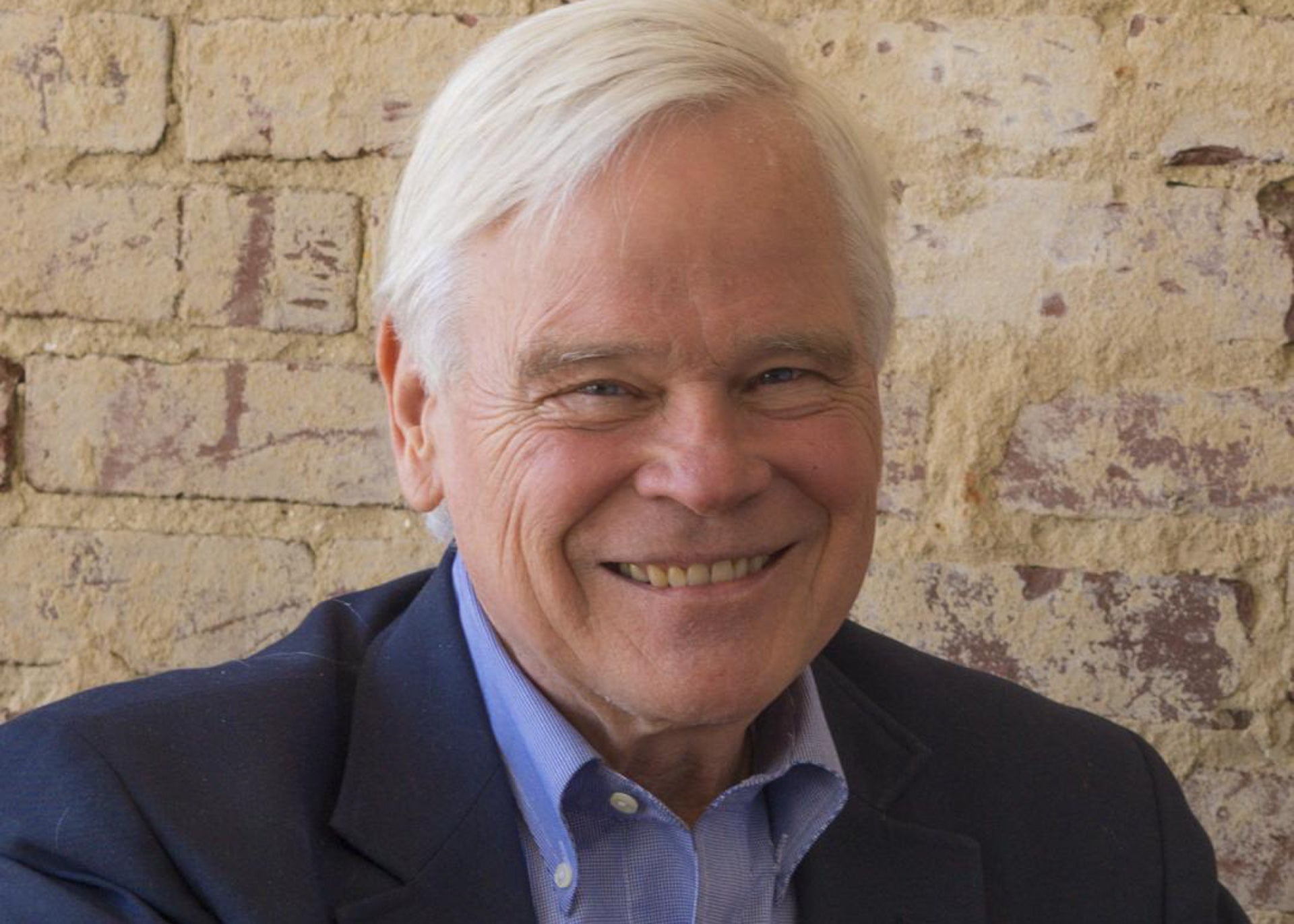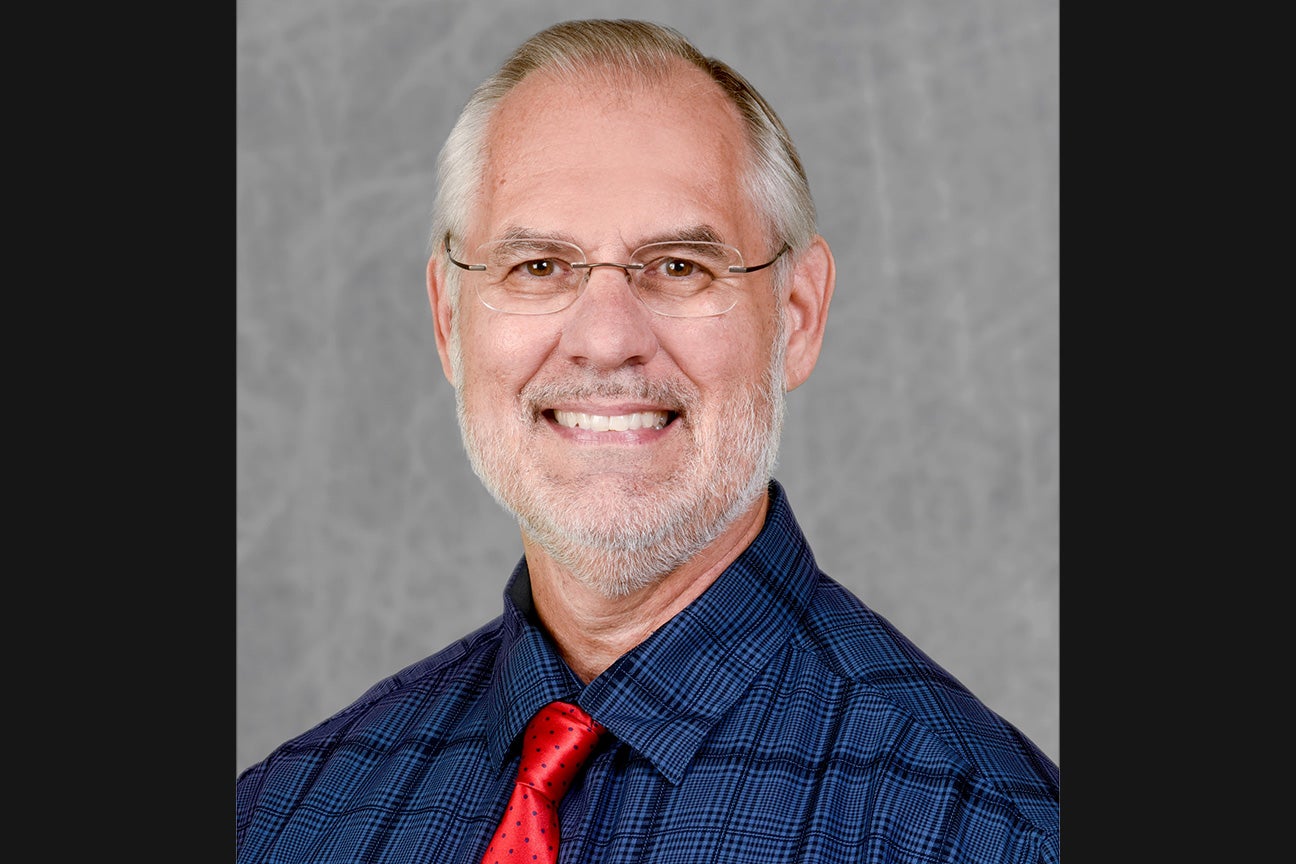One on One: Meck Dec in fiction
Published 12:06 pm Wednesday, August 17, 2022

- D.G. Martin
|
Getting your Trinity Audio player ready...
|
By D.G. Martin
Is the Mecklenburg Declaration of Independence fact or fiction?
“Meck Dec” is a shorthand term sometimes used to refer to the Declaration of Independence adopted on May 20, 1775 by a group of Mecklenburg leaders.
The debate about that question could continue forever, but one former Charlotte lawyer has put it at the center of a fictional murder mystery set in a Charlotte retirement community.
The new book, “Deadly Declarations” by Landis Wade, opens with the death of a 96-year-old resident, a historian named Mathew Collins.
Years ago, Collins wrote a scholarly book titled “American Hoax.” It argued that the Mecklenburg Declaration of Independence was a fake. But he had, shortly before his death, changed his views and was writing a new book that argued that the Mecklenburg Declaration was real.
Possibly, he was killed by someone who wanted to suppress whatever evidence the professor may have that showed that the Mecklenburg Declaration was genuine.
Supporting this view, all of Collins’ drafts of the new book and his records relating to Meck Dec were missing from his apartment.
One possible suspect could be Robert Elkin, a prominent Charlotte lawyer and top partner in a giant multistate law firm on the 45th floor of the American Bank office building. Elkin, a native Virginian, was a worshipper of Thomas Jefferson.
Some of the language in Meck Dec sounds very Jeffersonian. For instance, “Resolved, That we do hereby declare ourselves a free and independent people, are, and of right ought to be, a sovereign and self–governing Association, under the control of no power other than that of our God and the General Government of the Congress; to the maintenance of which independence, we solemnly pledge to each other, our mutual co-operation, our lives, our fortunes, and our most sacred honor.”
If the Meck Dec was really adopted more than a year before the Jefferson-drafted American Declaration, then Jefferson might be deemed to have copied its language. Elkins and his pro-Jefferson allies might do anything, including murder, to prevent proof of Meck Dec’s legitimacy – and Jefferson’s plagiarism.
There is another possibility. Collins loved his granddaughter, Lori. He had long planned to leave everything to her. But shortly before he died, he made a handwritten will that left everything to another woman.
Collins was not only a scholar. He had made a $50 million fortune publishing popular magazines. So his last-minute switch of beneficiaries created another big mystery.
Wade credits Charlotte lawyer Scott Syfert and his book, “The First American Declaration of Independence,” with inspiring him to write about Meck Dec.
Wade hosts a series of podcasts featuring book authors. When he interviewed Syfert about his contemporary non-fiction book, he liked Syfert’s balanced treatment of the Meck Dec question.
Wade says Syfert “does a really good job with it. Being a lawyer, he covers both sides of the story.”
As he interviewed Syfert, Wade became interested in the Meck Dec “because it had never been taught in schools. I didn’t really know much about the story. Because I became intrigued with it and learned that there’s so much conflict in it, I actually changed the mystery I was writing to incorporate the Meck Dec into the story.
“I thought, wow, nobody’s written a mystery involving the Meck Dec. It’s got lots of conflict. You need conflict for a good novel. Let’s put this in the story and see what we can do with it.”
Wade says it is a North Carolina story because North Carolinians, for more than 200 years, have been proud of the fact that North Carolina was first in freedom.
“I mean,” he told me, “We’ve got it on our license plate, right?”
D.G. Martin, a lawyer, served as UNC-System’s vice president for public affairs and hosted PBS-NC’s North Carolina Bookwatch.
READ ABOUT NEWS AND EVENTS HERE.






